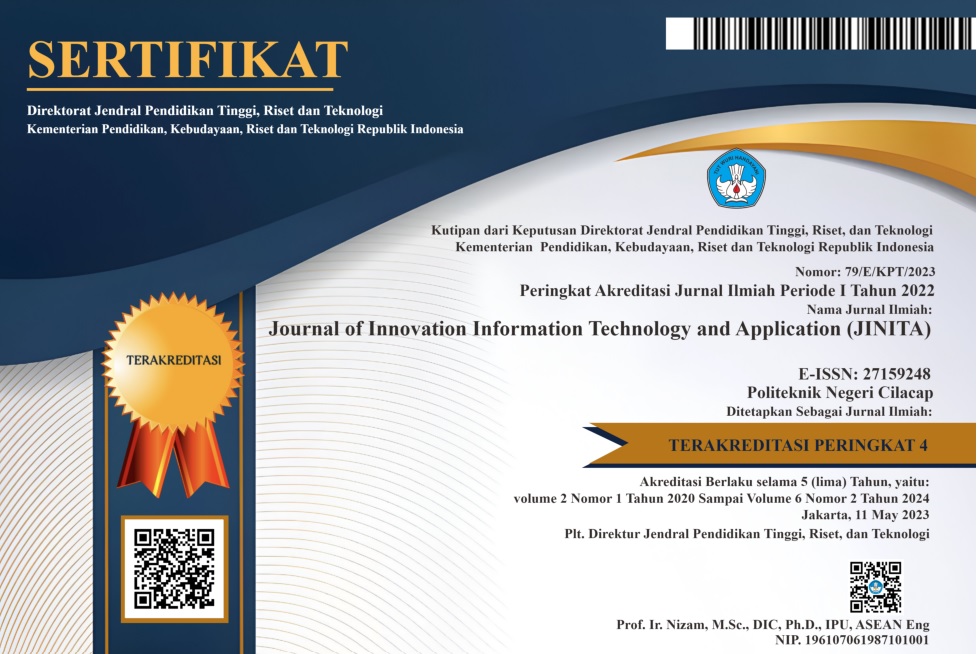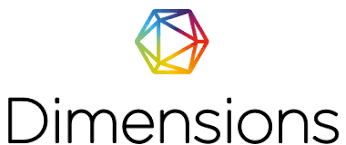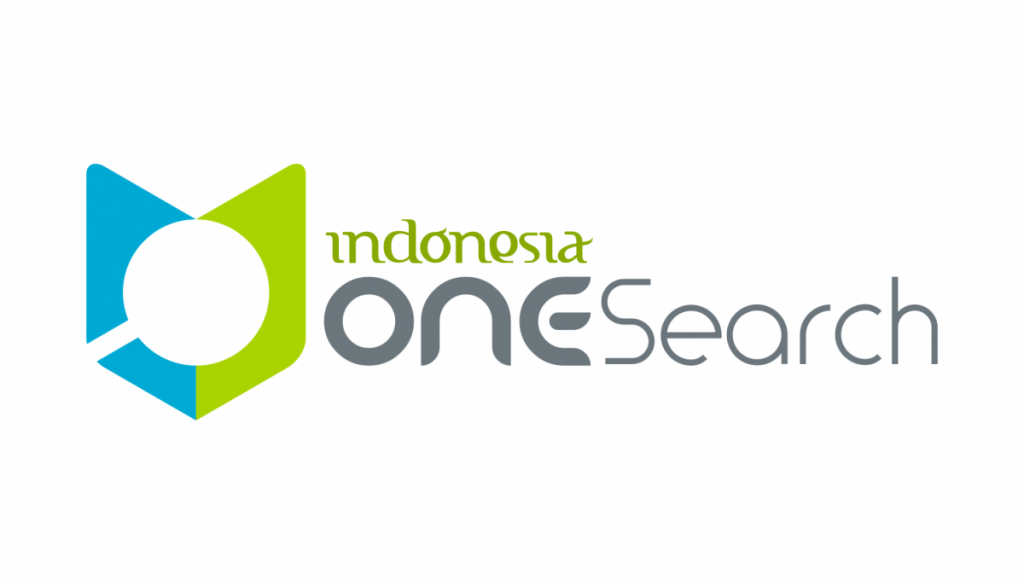Sistem Informasi Akademik Berbasis Web pada Lembaga Bimbingan Belajar
 Abstract views: 130
,
Abstract views: 130
,
 PDF (Bahasa Indonesia) downloads: 172
PDF (Bahasa Indonesia) downloads: 172
Abstract
The Cendika Cilacap Tutoring Institute is a learning institution that provides learning programs for elementary, junior high and high school students. In Cendika Cilacap, academic data management is still done by means of books and has not been computerized, such as student registration data, delivery of value information, delivery of schedule information, and reports to leaders are still done manually. The problem that arises is that the increasing number of academic data, so there must be a system that can accommodate these data properly and can improve services. This study aims to develop a Web-based academic information system that can assist in managing academic data, student registration process, delivery of value information, delivery of schedule information and reports to leaders. This application was developed with the waterfall method. Based on the results of questionnaire testing with 10 respondents, it was enough for 4%, both 32%, and very good at 64%, that this application can help and make it easier to manage academic data and solve problems that occur in Cilacap cendika.
Copyright (c) 2020 Journal of Innovation Information Technology and Application (JINITA)

This work is licensed under a Creative Commons Attribution 4.0 International License.
Authors who publish with this journal agree to the following terms:
- Authors retain copyright and grant the journal right of first publication with the work simultaneously licensed under a Creative Commons Attribution License that allows others to share the work with an acknowledgement of the work's authorship and initial publication in this journal.
- Authors are able to enter into separate, additional contractual arrangements for the non-exclusive distribution of the journal's published version of the work (e.g., post it to an institutional repository or publish it in a book), with an acknowledgement of its initial publication in this journal.
- Authors are permitted and encouraged to post their work online (e.g., in institutional repositories or on their website) prior to and during the submission process, as it can lead to productive exchanges, as well as earlier and greater citation of published work (See The Effect of Open Access).
















